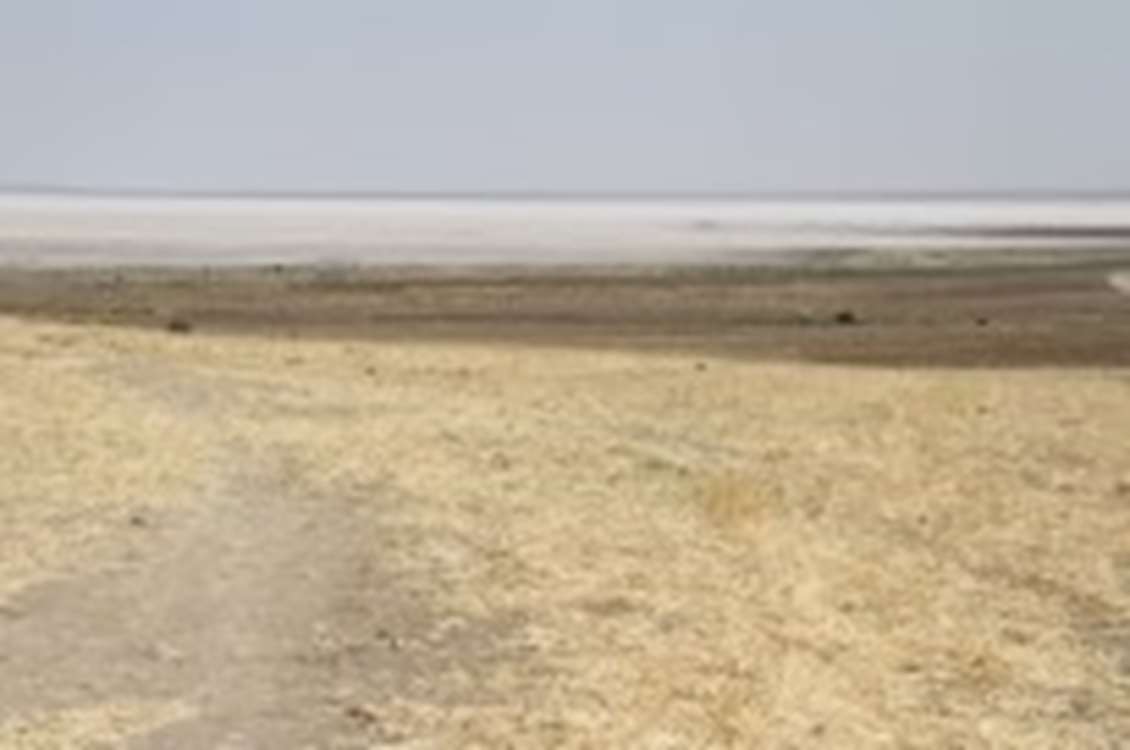FAO assists Iran in drought vulnerability and drought impact assessment in the Urmia Lake basin

FAO assists Iran in drought vulnerability and drought impact
assessment in the Urmia Lake basin
A new report developed by the Food and Agriculture
Organization of the United Nations (FAO) sheds lights on potentially drought
vulnerable populations in the Urmia Lake basin. It also shows how drought
events have resulted in agricultural production decline and livelihood loss in
the area.
According to Mr Mohammad Vesal, a consultant in FAO and a
Scientist at the Sharif University of Technology who led this study, a wide
range of data sources, including agricultural and population census, household
expenditure and labour force surveys, as well as geographical information have
been utilised to construct a precise vulnerability assessment at district-level
for the Urmia Lake basin.
Furthermore, FAO has put together several rounds of
household expenditure and income surveys, annual agricultural statistics, and
drought indices to assess the historical impact of drought events on both
agriculture sector and the livelihood of local communities in the region.
Outlining the main policy implications of the report, Mr
Vesal says, “By providing evidence on the vulnerable population and historical
impacts of droughts, this report helps with identification of target groups and
formulation of remedial policies that should be enacted upon droughts to
mitigate their impact.
He further said, “Since most livelihoods in the region are
based on environmental resources like land and water, understanding both the
nature of the livelihoods that rely on water and potential risks for such
livelihoods is essential to formulate practical restoration strategies for
Urmia Lake.”
In this regard, the results of the study reveal that
the total value of crops produced in the basin has been declined by 6.4
percent, while the total value of rain-fed crops shows a 26.7 decline, during
severe droughts. On the other hand, considering expenditure per capita as a
measure of livelihoods, the report estimates a reduction of around 4 percent
for severe droughts.
With generous support of the Government of Japan, FAO in
close collaboration with Urmia Lake Restoration Program (ULRP) implements the
project “Integrated Programme for Sustainable Water Resources Management in the
Urmia Lake Basin” to halt and invert Urmia Lake’s desiccation.
Source of News: http://www.fao.org/iran/news/detail-events/en/c/1287477/




